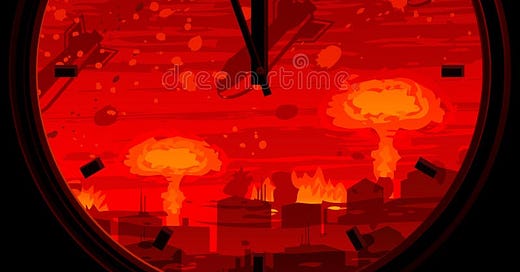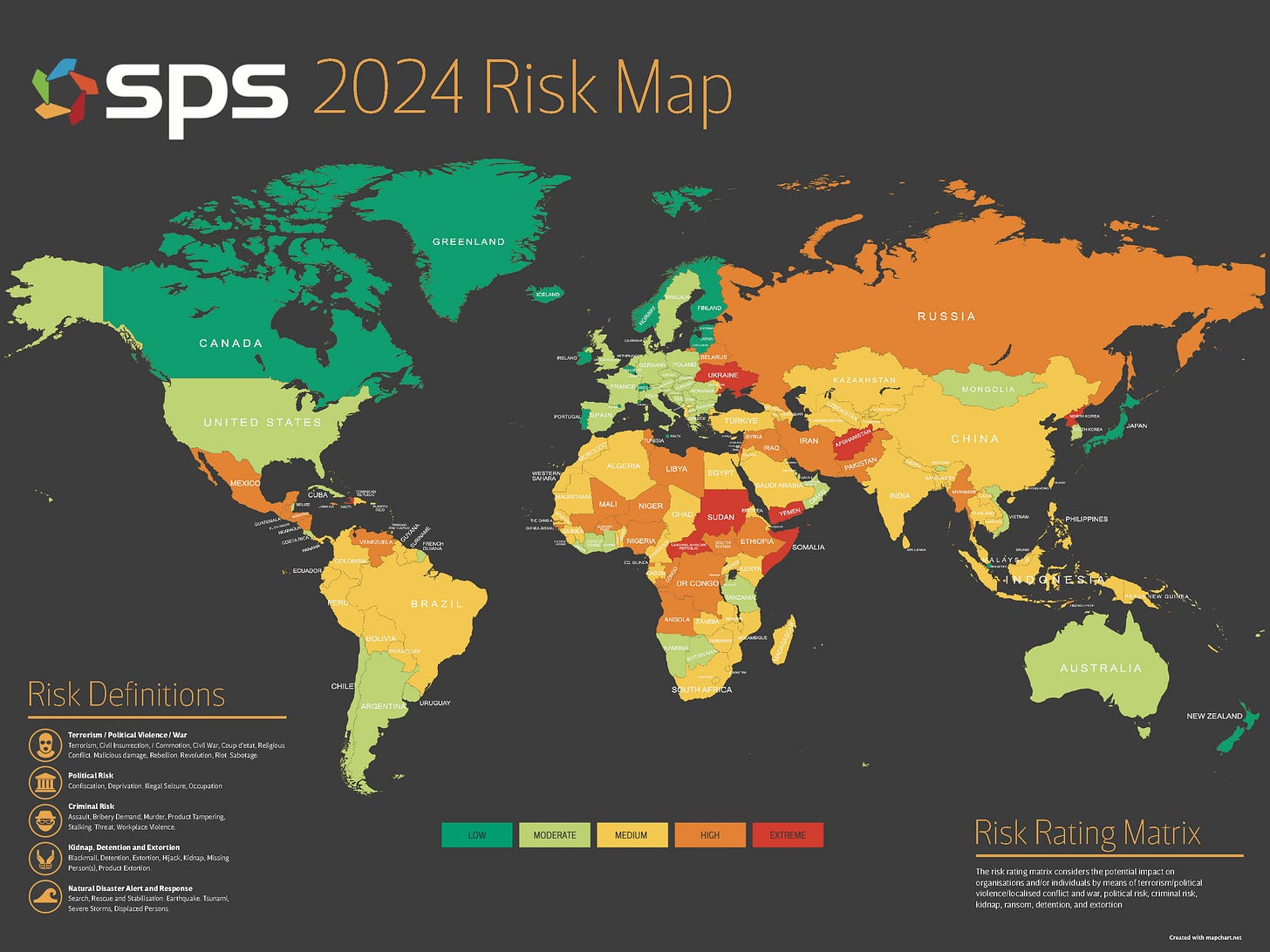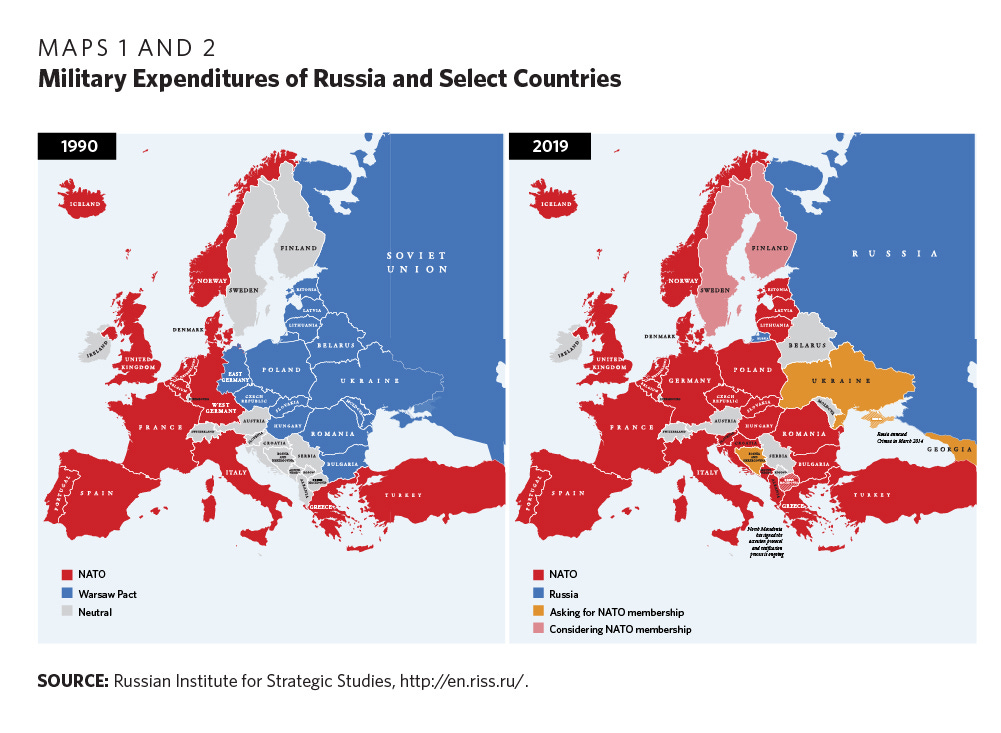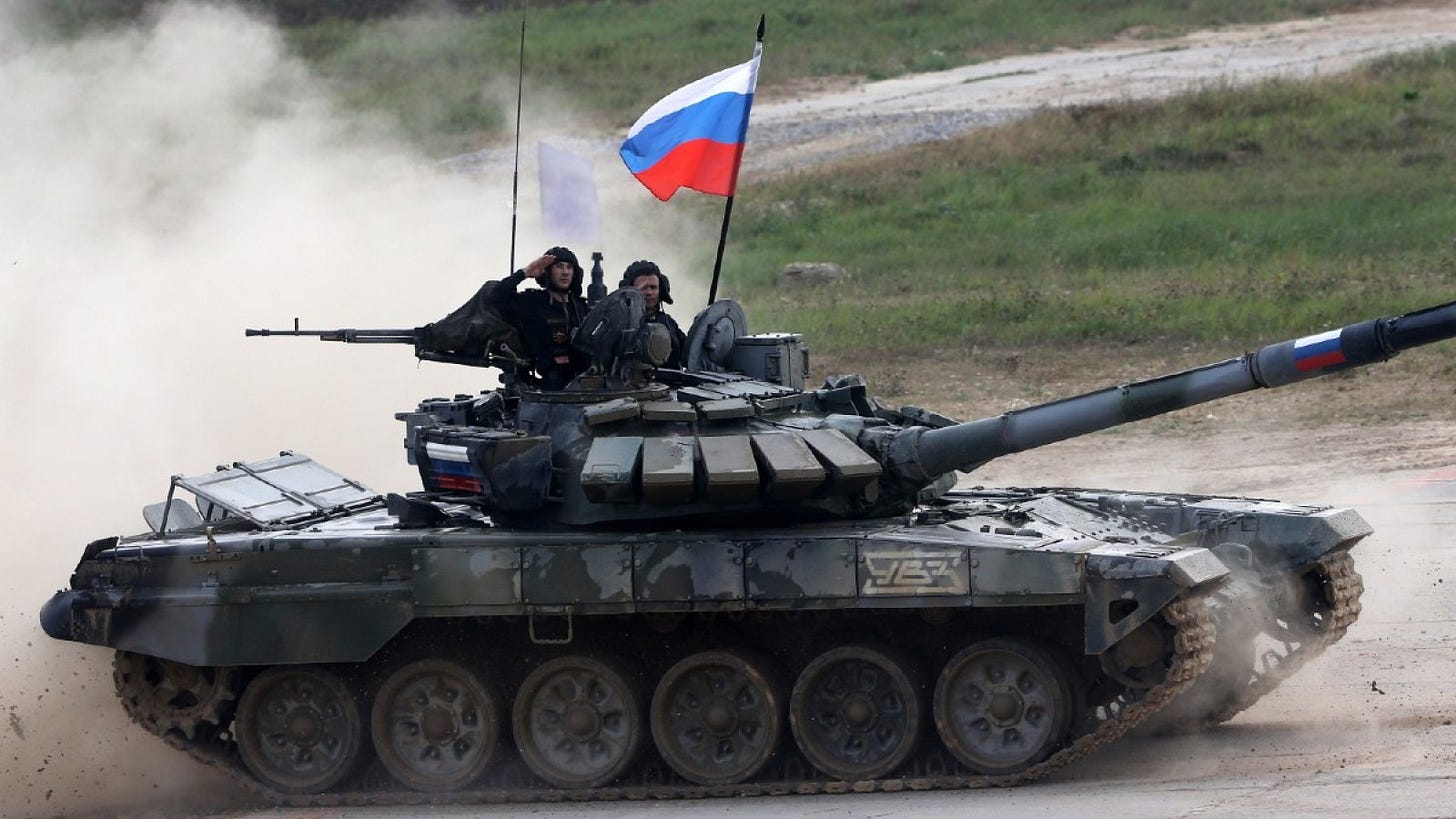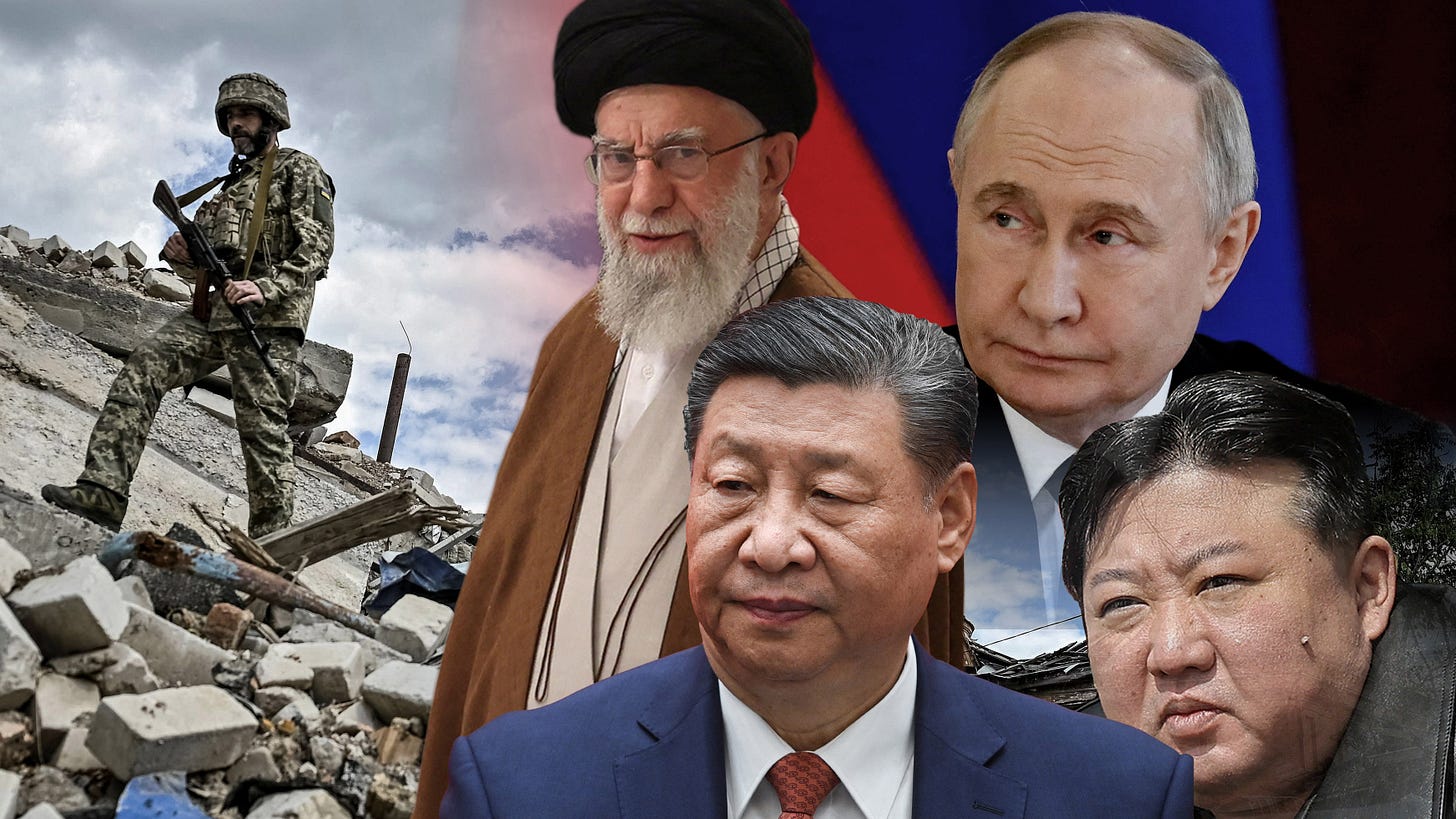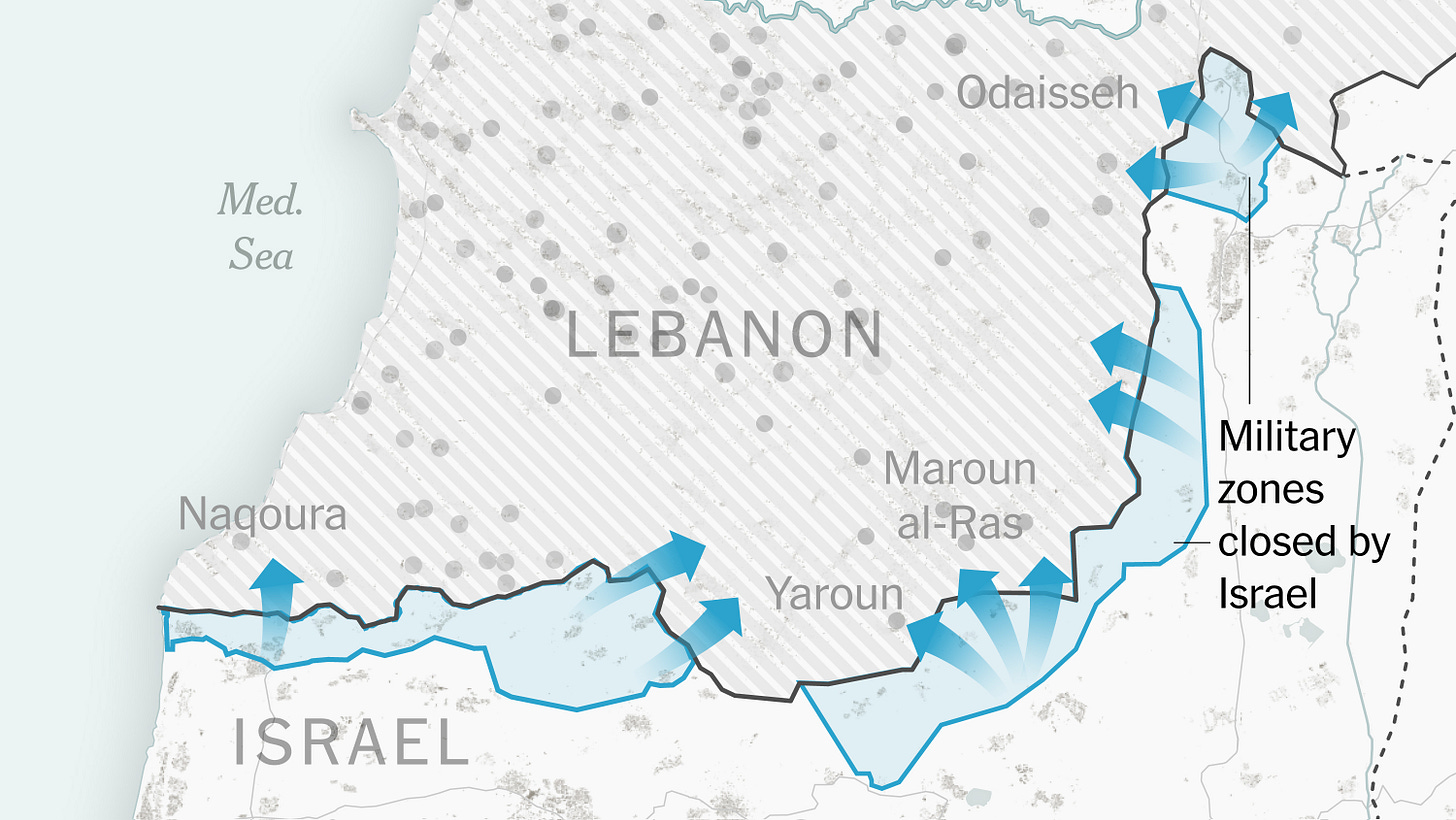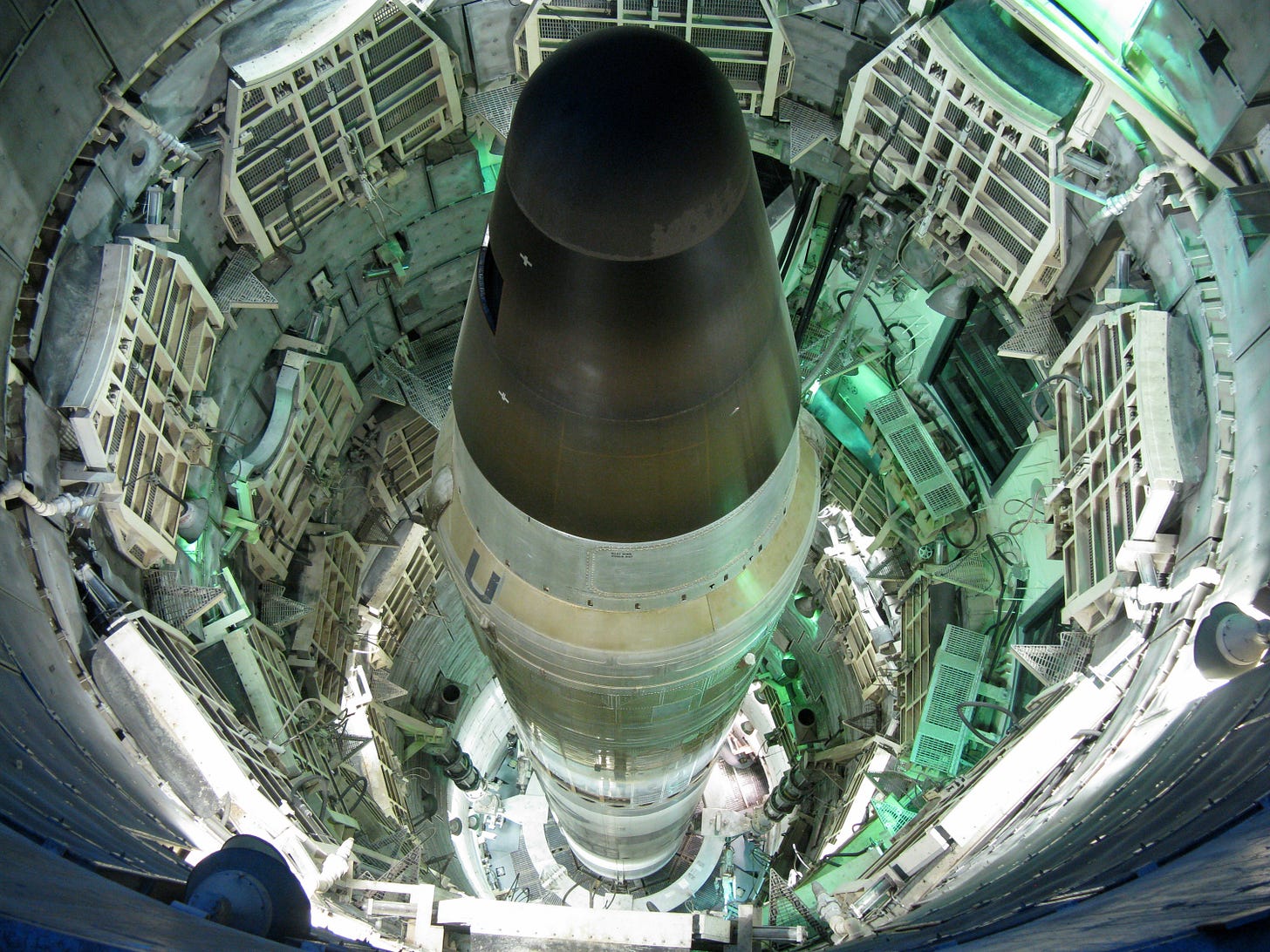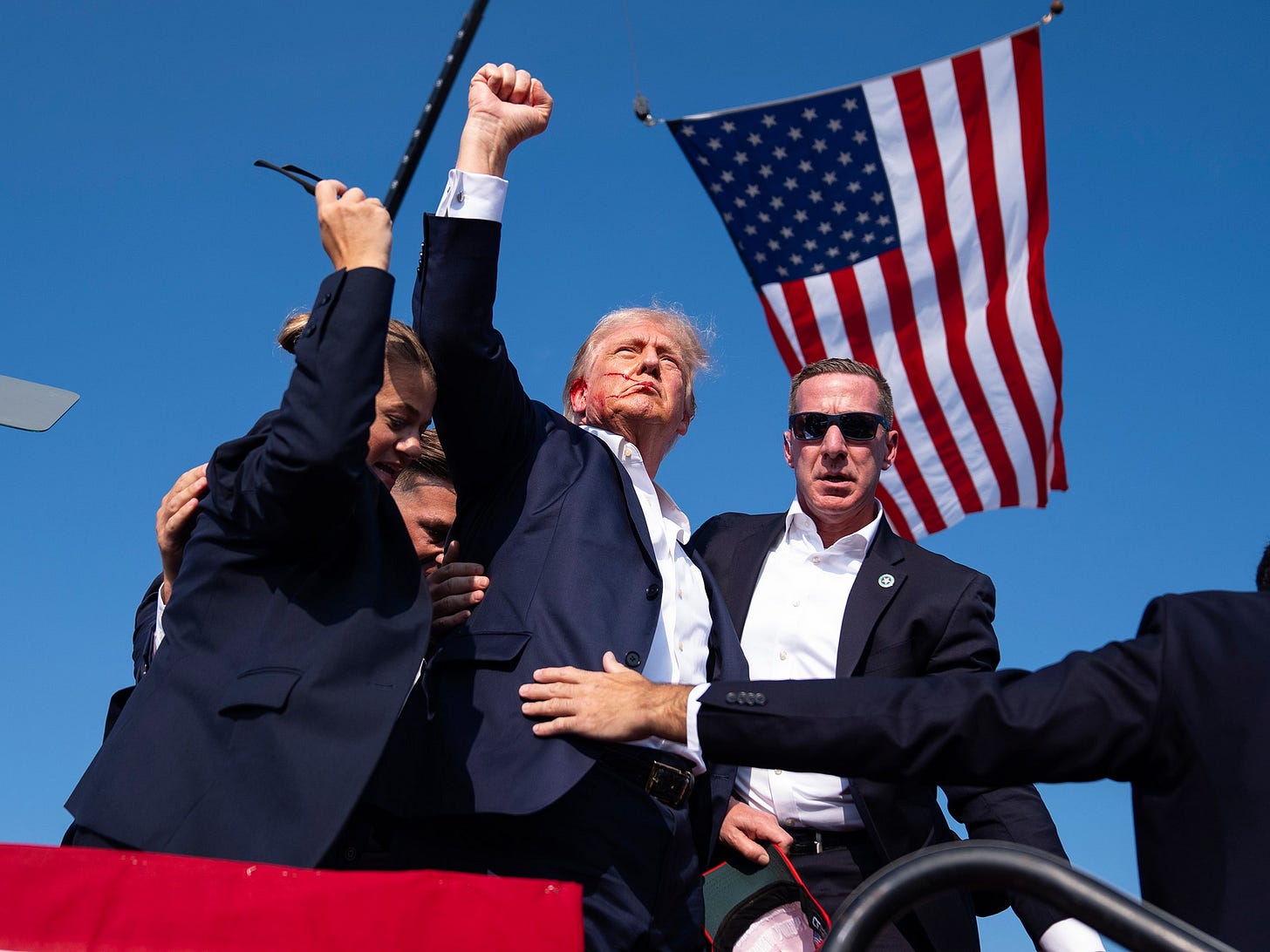WWIII Inevitable? Explosive Revelations from Former CIA Analyst Larry C. Johnson on Global Conflicts and the Hidden Forces Driving War!
Dialogue Works: A Candid Discussion with Larry C. Johnson on Global Politics, the Middle East, and U.S. Foreign Policy
On a recent episode of Dialogue Works, Nima R. Alkhorshid hosted Larry C. Johnson, a former CIA Intelligence Analyst, for a frank conversation covering a range of topics, from the growing tensions in the Middle East to the shifting geopolitical dynamics between the U.S., Russia, and China.
The Context of NATO and Russia’s Interests
The discussion began with an analysis of NATO's influence and the portrayal of Russia in Western media. Alkhorshid argued that NATO’s expansion into Eastern Europe, especially with its consideration of countries like Ukraine and Georgia, has fueled hostility toward Russia. He contended that at no point in the 1990s did Vladimir Putin behave like an aggressor, and that the West’s actions were what provoked the escalation in tensions.
Nima R. Alkhorshid:
"Back to 1999, at no point in that period did you have Vladimir Putin talking like Adolf Hitler, where he's ranting and raving, and we must have Lebanon, we must move to the west and capture territory. We don't have enough ter—never! Never! The only ones that were constantly talking about pushing the military towards another was the West pushing it towards Russia.”
Alkhorshid’s comment highlighted his belief that the West was the primary aggressor, expanding NATO and encroaching on Russia’s borders, thereby creating a hostile environment. Johnson echoed this sentiment, explaining that Russia’s strategy was not to initiate conflict but to strengthen diplomatic and military relationships with other global powers.
Larry C. Johnson:
"What Russia is doing is forming more of a diplomatic international coalition. So, yes, it has military cooperation with North Korea and has had such for 75 years. It’s signing a defense agreement with Iran that’s taking place. It’s conducting joint military exercises with China, not only with China on a bilateral basis, but they conduct them every year with Iran as an example.”
Johnson emphasized the strategic importance of Russia’s alliances, which included military agreements with countries like China, North Korea, and Iran. According to him, Russia was building a broader international coalition as a response to what it saw as Western provocation.
The Situation in Lebanon and Israeli Aggression
Alkhorshid quickly shifted the conversation to the ongoing conflict in the Middle East, focusing specifically on Israel's actions in Lebanon and the broader region. He discussed the tensions between Israel and Hezbollah in southern Lebanon and pointed to the increasing casualties that Israel was sustaining in its military operations.
Nima R. Alkhorshid:
"Here’s Larry, in an article yesterday in the Jerusalem Post, it says the southern part of Lebanon is actually the northern Israel. Yeah, well hell, you had Smolich there, little Smolich, the finance minister, claim that not only southern Lebanon, all of Lebanon, part of Syria, part of Iraq, part of Saudi Arabia—that’s all greater Israel. Well, these guys are on crack.”
Alkhorshid criticized Israeli officials, specifically Finance Minister Bezalel Smotrich, for promoting the idea of "Greater Israel" and pushing for territorial expansion into Lebanon, Syria, and beyond. He characterized these claims as unrealistic and fueled by ideological extremism. Johnson shared his views on Israel’s position and the potential long-term consequences of its military actions.
Larry C. Johnson:
"Ultimately, they’re going to take—they’re going to get to a point where they’ve taken so many casualties. In the Israeli press, there are reports about senior government ministers who are losing their sons. You know, one has lost like three kids. So, Israel is not a big place, and I’ve always tried to get people to say, 'Let’s put this into a context you can understand.'”
Johnson further explained that Israel's relatively small size meant that the impact of casualties would be more heavily felt, especially within the country's leadership. He compared this to the hypothetical situation of a major city like New York losing high-profile figures, underscoring the emotional and political toll these losses could have on Israel's military goals.
Israel’s Growing Isolation
As the conversation continued, the topic of Israel’s increasing international isolation came up. Johnson noted how Israel's actions, particularly its treatment of Palestinians and its military campaigns in Lebanon, Gaza, and the West Bank, were resulting in growing disapproval from other nations.
Larry C. Johnson:
"Well, apparently Trump’s, uh, election has been received with elation and joy. Uh, now they get to take the West Bank and keep that too. You know, but they’re becoming more isolated. Um, up to this point, the UK has been willing to send weapons to them. Uh, there’s more and more, um, physicians and relief workers, leaders of relief agencies, testifying before Parliament and other British outlets. And, you know, it’s not helping Israel’s image at all. So, you’re seeing Israel moving towards becoming much more isolated.”
Johnson pointed out that while Israel may receive some support from the United States and certain parts of the West, its actions have pushed it toward growing isolation. Public opinion and international pressure were increasingly turning against Israel, and Johnson cited the UK's critical stance as an example.
The Risk of Nuclear Escalation and the Path to WWIII
The conversation took a darker turn as Alkhorshid and Johnson touched upon the potential for nuclear escalation and the growing risk of World War III. Johnson expressed concern that current U.S. policies, especially toward Russia and China, were pushing the world closer to nuclear conflict.
Larry C. Johnson: "If this continues, we are on the brink of something very dangerous. The escalation of the conflict in Ukraine, the mounting tension with China over Taiwan, and the continuous military encirclement of Russia—these are the kind of provocations that could easily spiral out of control. What we're seeing is not just political maneuvering, it's the buildup of a situation that could lead to global war."
Johnson’s warning was clear: the combination of NATO’s aggressive posturing, the U.S. push for containment of both Russia and China, and the risk of direct military conflict in regions like Ukraine could easily escalate into a nuclear confrontation. He described the world as being on the edge, with just one misstep or provocation away from catastrophic escalation.
Nima R. Alkhorshid: "At this point, it feels like there are forces on all sides that are willing to take this to the brink, without realizing the consequences of a nuclear conflict. We’re in a time where a World War III scenario isn’t out of the question if these dynamics don’t change."
Both Alkhorshid and Johnson agreed that the threat of nuclear war was very real and growing, fueled by the current international tensions. They stressed that the world needed a change in approach—one that favored diplomacy and de-escalation over military aggression.
Trump’s Team and U.S. Policy Direction
The conversation concluded with a look at Trump’s potential foreign policy team and the possible directions U.S. foreign policy might take under his leadership. Alkhorshid expressed concerns about some of the individuals surrounding Trump, including figures like Marco Rubio and others who were seen as aligned with hawkish foreign policy stances.
Nima R. Alkhorshid: "How about Donald Trump’s people right now, his team right now? How do you find it in the United States? Is he going—there are a lot of discussions right now about Gates. What’s the problem with him right now, and why mostly—I found that the Republicans are concerned about him as well?”
Larry C. Johnson: "Well, I wouldn’t say most Republicans. Some Republicans are, and a lot of the usual characters. Look, there’s no denying that these people—that Trump is populating his foreign policy and the National Security bureaucracy with, are hardline, let’s call them, warhawks in their own right. They’re—they’re not eager so much to start a war, except, you know, they do want to take out Iran. Uh, they’d sort of like to get a figure way to get along with Russia, but they do got to take out China.”
Johnson was critical of some of the figures surrounding Trump, pointing out that many of them were hawkish on Iran and China. He cautioned that although these individuals were not necessarily eager to start a war, their aggressive stances could potentially lead to more conflict. Johnson suggested that Trump’s foreign policy team would need to navigate these challenges carefully.
A Final Word on Peace and Diplomacy
As the interview wrapped up, Johnson underscored the importance of Trump adhering to a policy of peace and non-interventionism. He stressed that Trump had the potential to reshape U.S. foreign policy in a way that could bring about a more peaceful world, but he warned that failing to do so would undermine his presidency.
Larry C. Johnson:
"Ultimately, Trump has the power to change the direction of U.S. foreign policy. He could choose a path of peace, which would lead to positive outcomes, but if he follows through with more aggressive policies, it could destroy his presidency.”
The conversation ended with Johnson’s hopeful message that if Trump could free himself from the hawkish influences within his administration, the U.S. could potentially avoid further conflict and foster better relations with Russia and other countries. However, the future remained uncertain.


